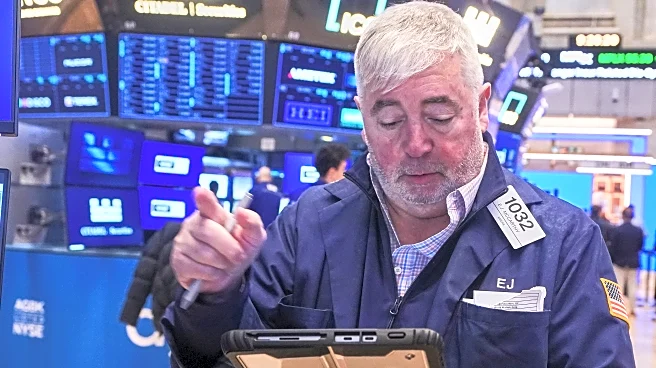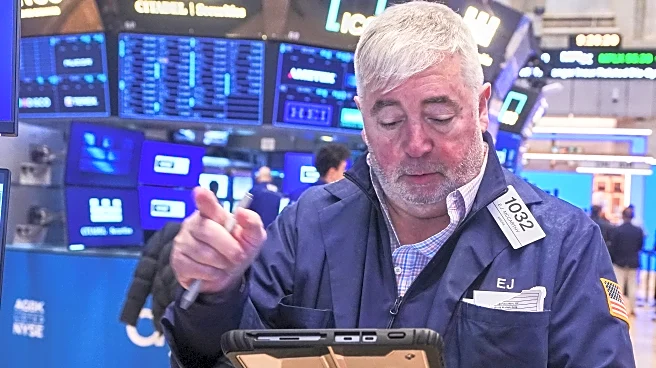Rapid Read • 7 min read
The retail industry has experienced a significant increase in major deals during the first half of 2025, with 26 sales and acquisitions recorded. Notable transactions include Walgreens' acquisition by Sycamore Partners, Dollar Tree's sale of Family Dollar, and Hudson's Bay selling its intellectual property to Canadian Tire Corp. This trend is driven by global economic shifts and the impact of digital-first consumer trends, prompting retailers to explore new growth strategies and market diversification.
AD
The surge in retail deals highlights the industry's response to economic pressures such as inflation, tariffs, and the aftermath of COVID-19. As retailers seek to adapt to changing consumer behaviors and tighter margins, these transactions could reshape the competitive landscape. The consolidation and strategic acquisitions may lead to increased market power for certain companies, potentially affecting pricing, product availability, and consumer choice.
As the retail industry continues to evolve, further deals and acquisitions are likely, driven by the need for innovation and market relevance. Companies may focus on expanding their digital presence and enhancing customer experiences to remain competitive. The long-term impact on employment and retail operations will depend on how these changes are managed and integrated into existing business models.
The ethical considerations of these deals include the potential impact on employees, suppliers, and local communities. As companies consolidate, there may be concerns about job security and the preservation of brand identity. Additionally, the legal implications of mergers and acquisitions, such as antitrust regulations, will play a crucial role in shaping the industry's future.
AD
More Stories You Might Enjoy











